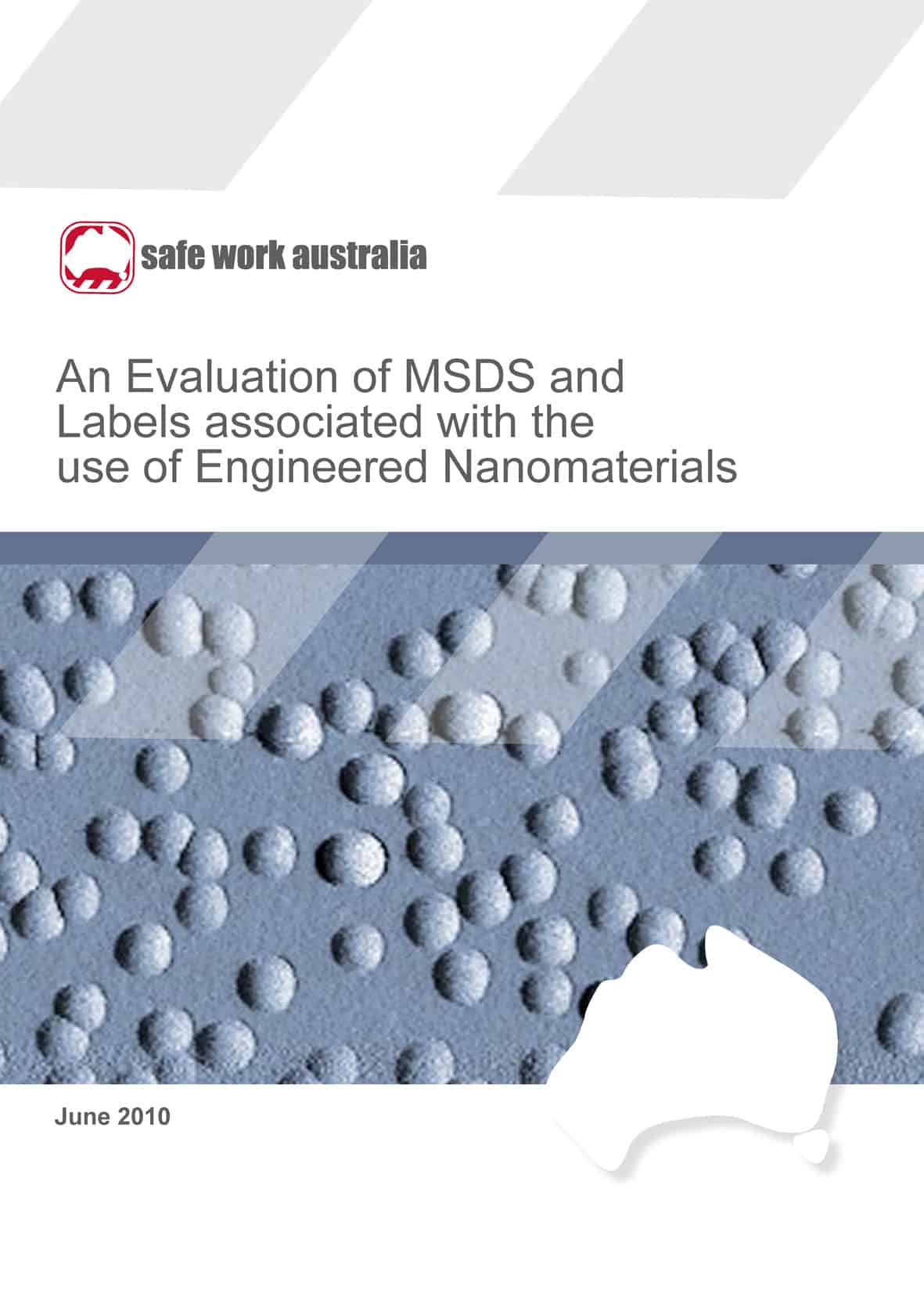The Quin Investment prosecution in South Australia is a good indication of the importance of workplace safety and equipment maintenance.
On 24 June 2010, Quin Investments and one of its directors Nikolai Kuzub were found guilty of breaches of OHS law in South Australia by Industrial Magistrate Ardlie. The incident involved an explosion at an explosives factory in May 2006 that killed three workers, injured two others and flattened the factory. Pieces of equipment were located over 600 metres away, houses a kilometre away were damaged and the explosion was heard 40 kilometres away according to one media report.
Grant Germein, the lawyer representing Quin Investments, has asserted a conspiracy from, at least, the start of the court case:
“He said the company was being used as a scapegoat and SafeWork SA’s investigation into the incident was “not directed at the cause of the explosion”, but to “see if they could find a culprit”. Continue reading “Explosive impacts from the Quin Investments prosecution still to be felt”

